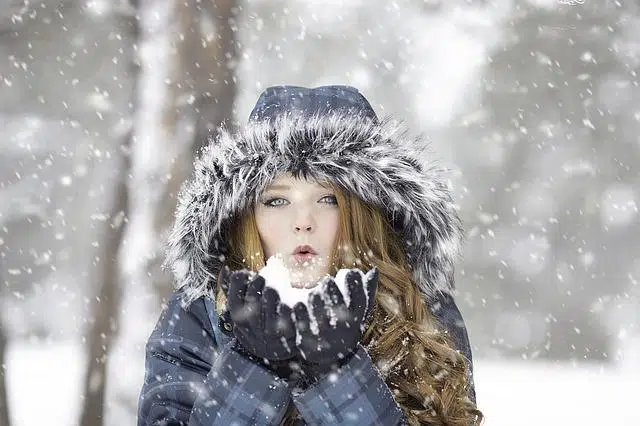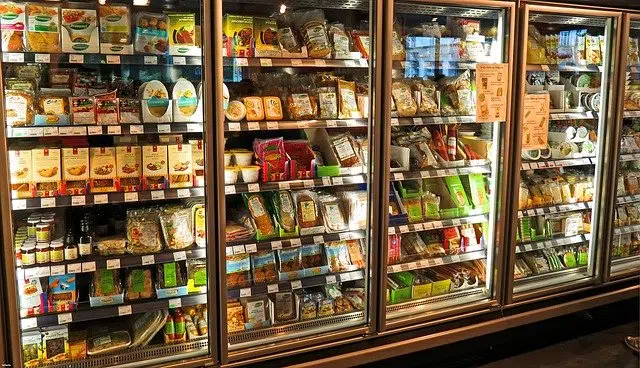
Low temperature is called cold.
From the Latin frigidus , the concept of cold refers to low temperature and the sensation expressed by said phenomenon. In other words, cold is the total or partial absence of heat . For example: “It's very cold in this house,” “It's so cold on the street!” .
Regarding a body, cold refers to the fact that it has a lower temperature than the ordinary temperature of the environment: “My hands are cold,” “I feel cold, please lend me a coat .”
The notion of cold is linked to refrigeration (the process of reducing and maintaining the temperature of an object or space), freezing (a form of conservation based on the solidification of water) and cryogenics (a technique used to cooling materials to the boiling temperature of nitrogen or even lower temperatures).
Symbolic uses of the concept
Cold is also an adjective that is used symbolically. A cold person is one who shows indifference, detachment or disinterest in something or someone : “Manuel is very cold: he never expresses his emotions” , “I am sorry, I think I have been too cold towards him” .
In its application to issues related to sexuality, the concept serves to refer to those who are indifferent to pleasure in the sexual act: “Victoria is cold when it comes to intimacy,” “My ex-partner was very cold.”
On the other hand, the word cold can mention what is not funny or sharp : “His cold response did not satisfy me,” “The explanation was so cold that no one was moved.”

Taking care of the cold chain is essential to guarantee the quality and good condition of certain foods.
cold chain
To be preserved for an extended amount of time, food is placed in a refrigerator that lowers its temperature and freezes the decomposition process; In this way, a piece of cake can remain in good condition for a month without fear that the cream or the ingredients that make it up will decompose.
In any case, in order for this process to develop safely and reliably, it is necessary that the refrigeration temperature does not increase, because this would result in a loss of quality in the food in question. This occurs because the cold delays the degradation of the food and its sensory properties.
This preservation process over time is called the cold chain and consists of a series of climatic conditions that allow the food to remain frozen; When the temperature increases (because the refrigerator breaks down or the food is removed from it) it is said that the cold chain is broken and, even if said product freezes again, it will not remain untainted by decomposition. When this happens, it is best to consume it without freezing it again.
Guarantee the good condition of food
In the production process, this concept is fundamental, which is why producers, distributors and final recipients must pay special attention to protecting the cold chain so that the food is in perfect condition from the moment it is produced until it reaches the table. of the final consumer .
This concept is also valid if we are talking about vaccines that must be at a certain temperature. If the cold chain is cut, they may lose their properties and not produce the desired effect when used; For this reason, when this type of medicine must be transported from one place to another, it is advisable to carry it in an airtight container prepared to maintain the temperature at a certain level .
Finally, it is necessary to add that the accumulation of ice crystals around frozen products can deteriorate them; To prevent this from happening, it is advisable to quickly freeze (ultrafreeze) and not refreeze products that have already been thawed.
